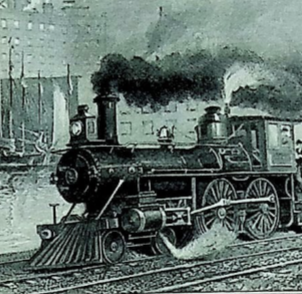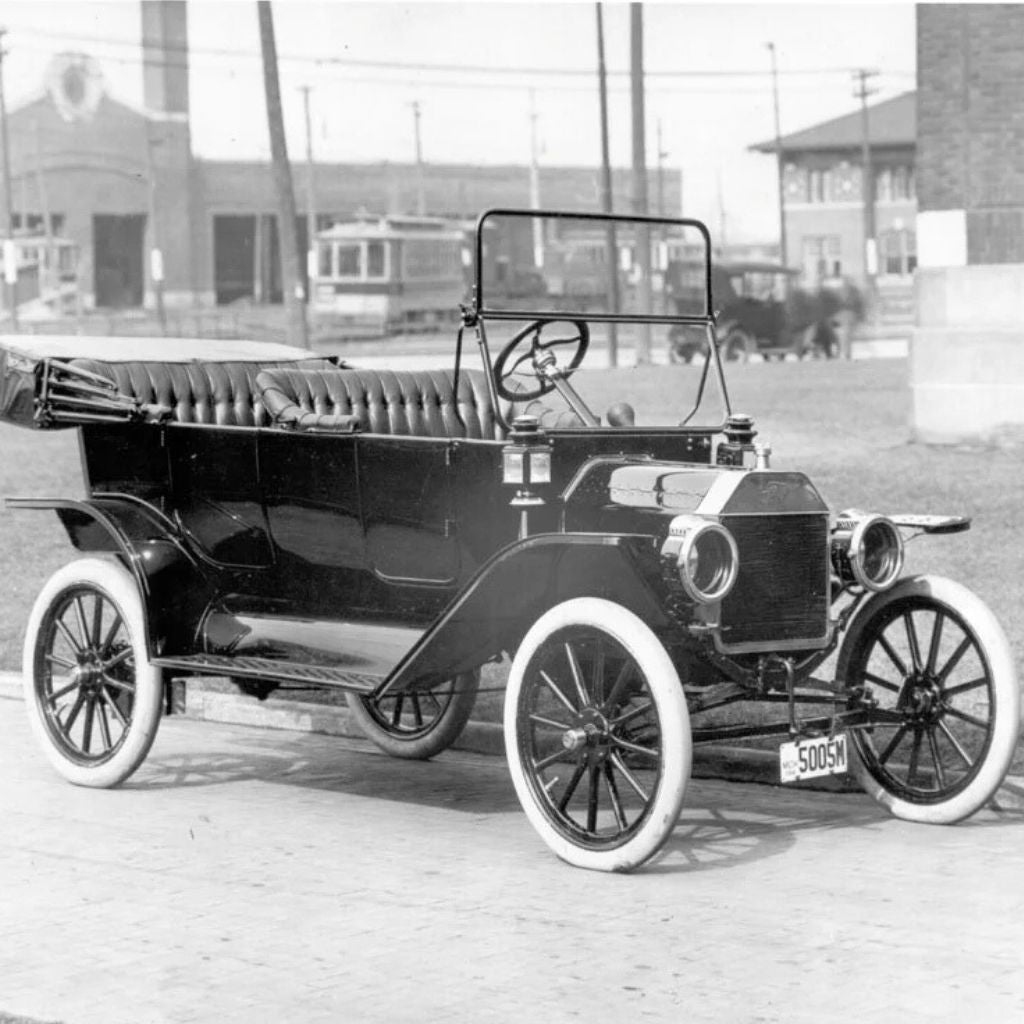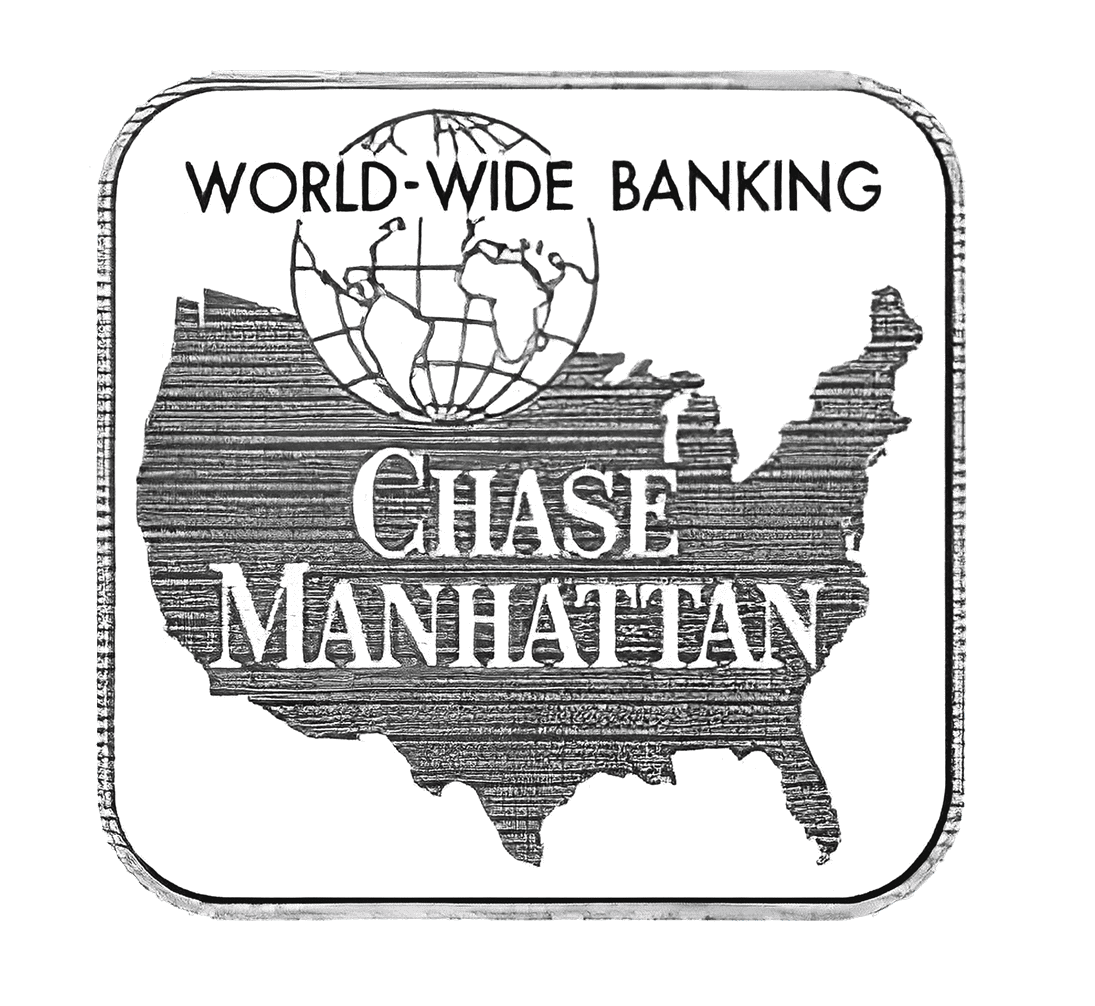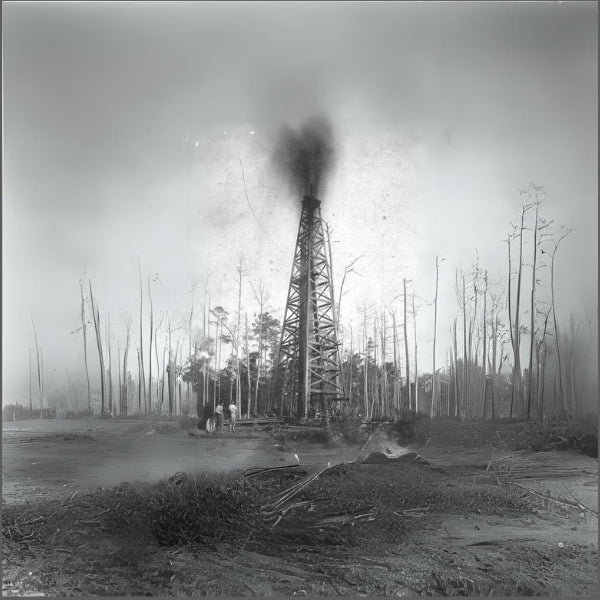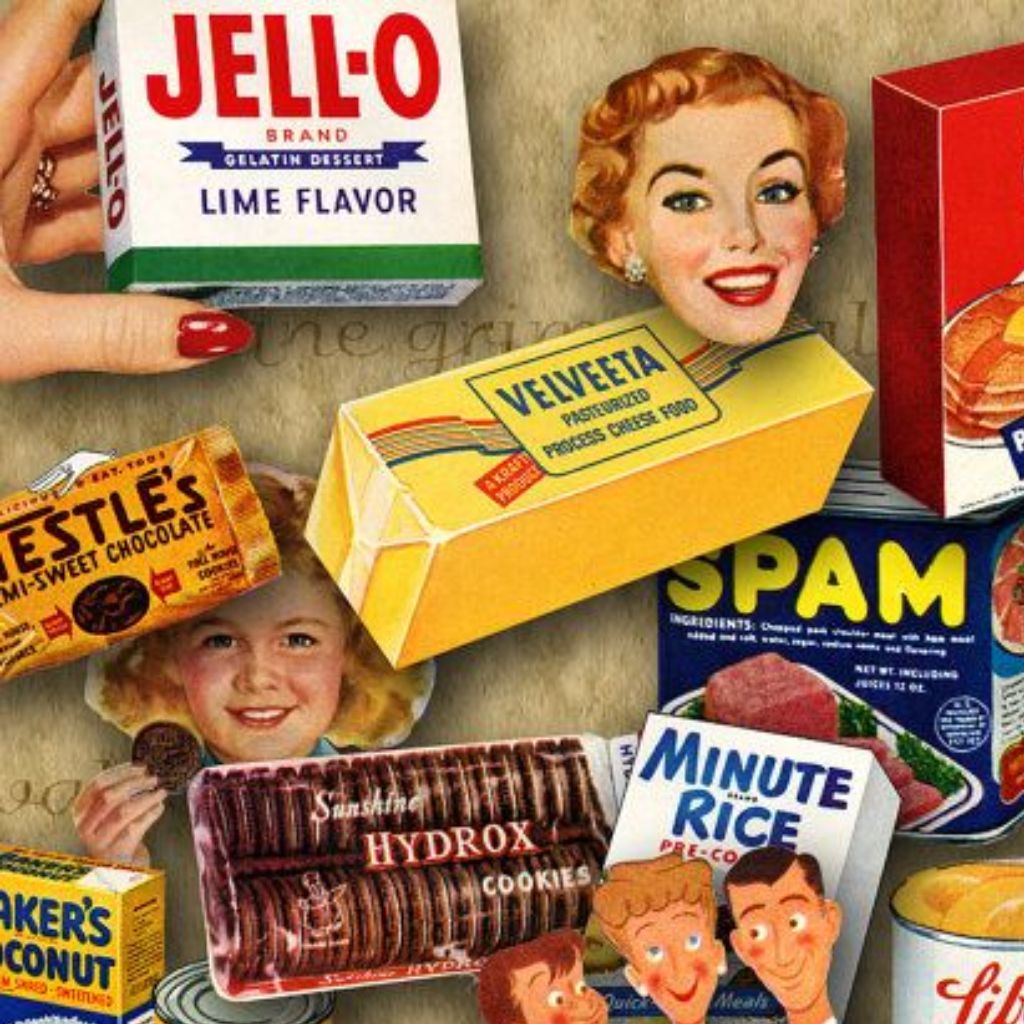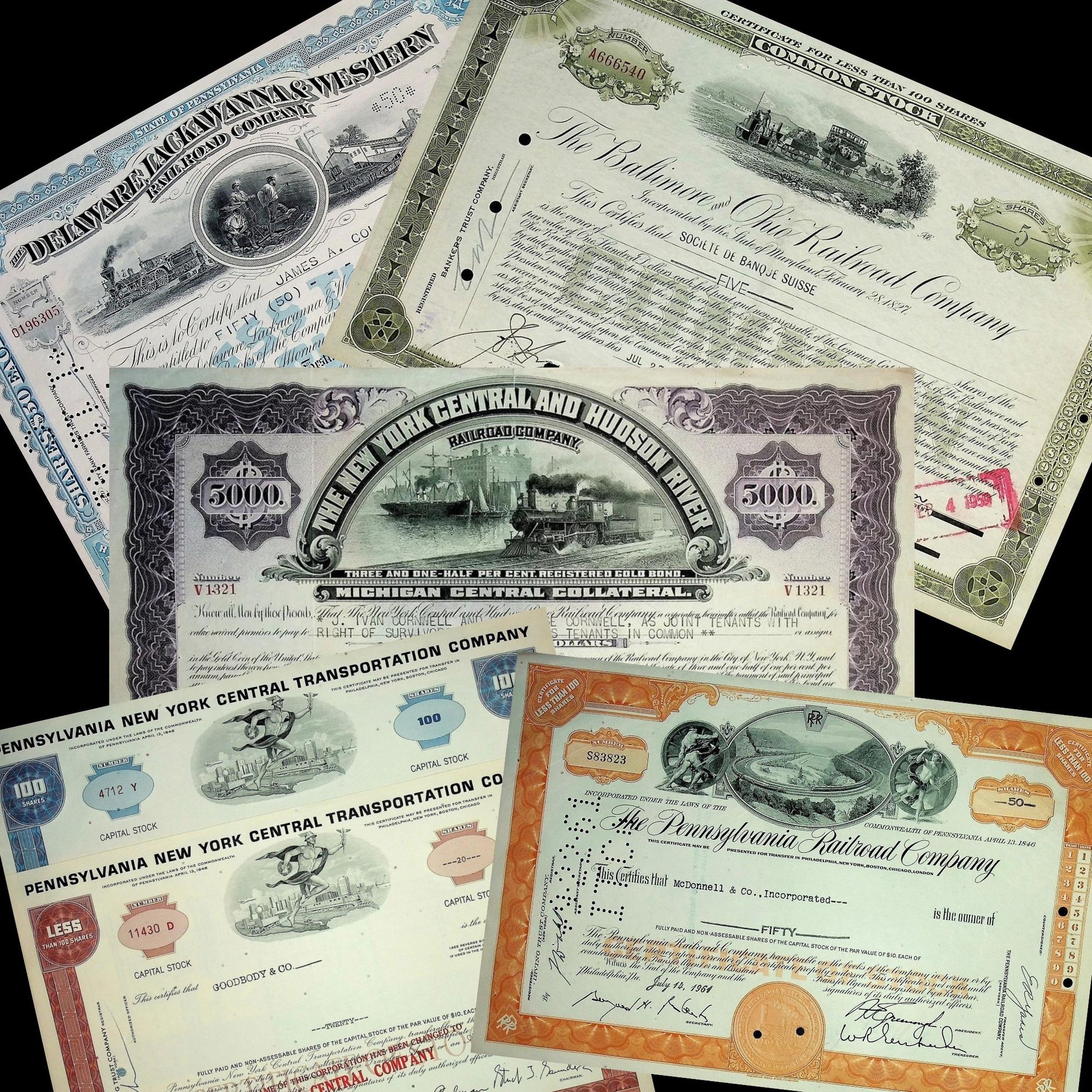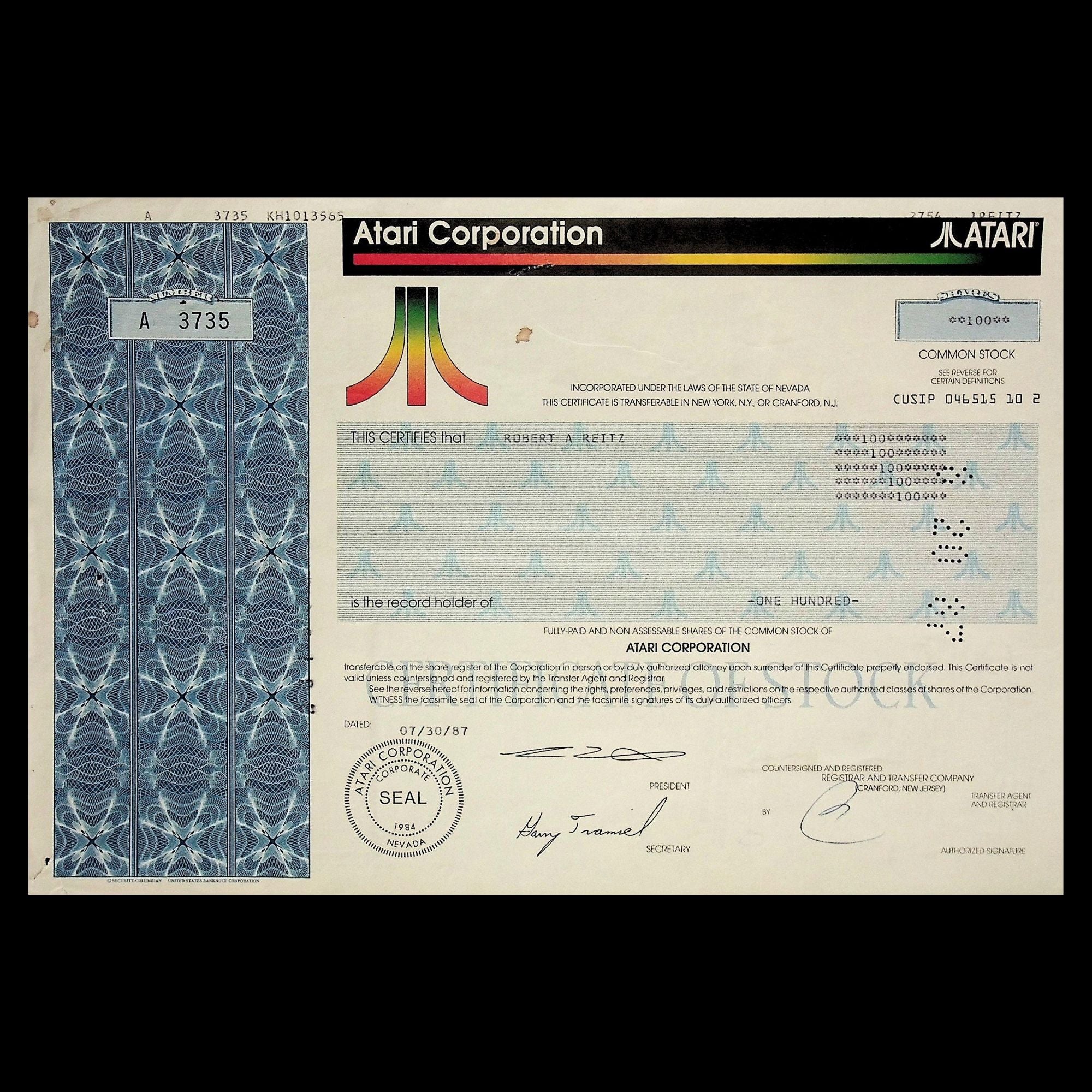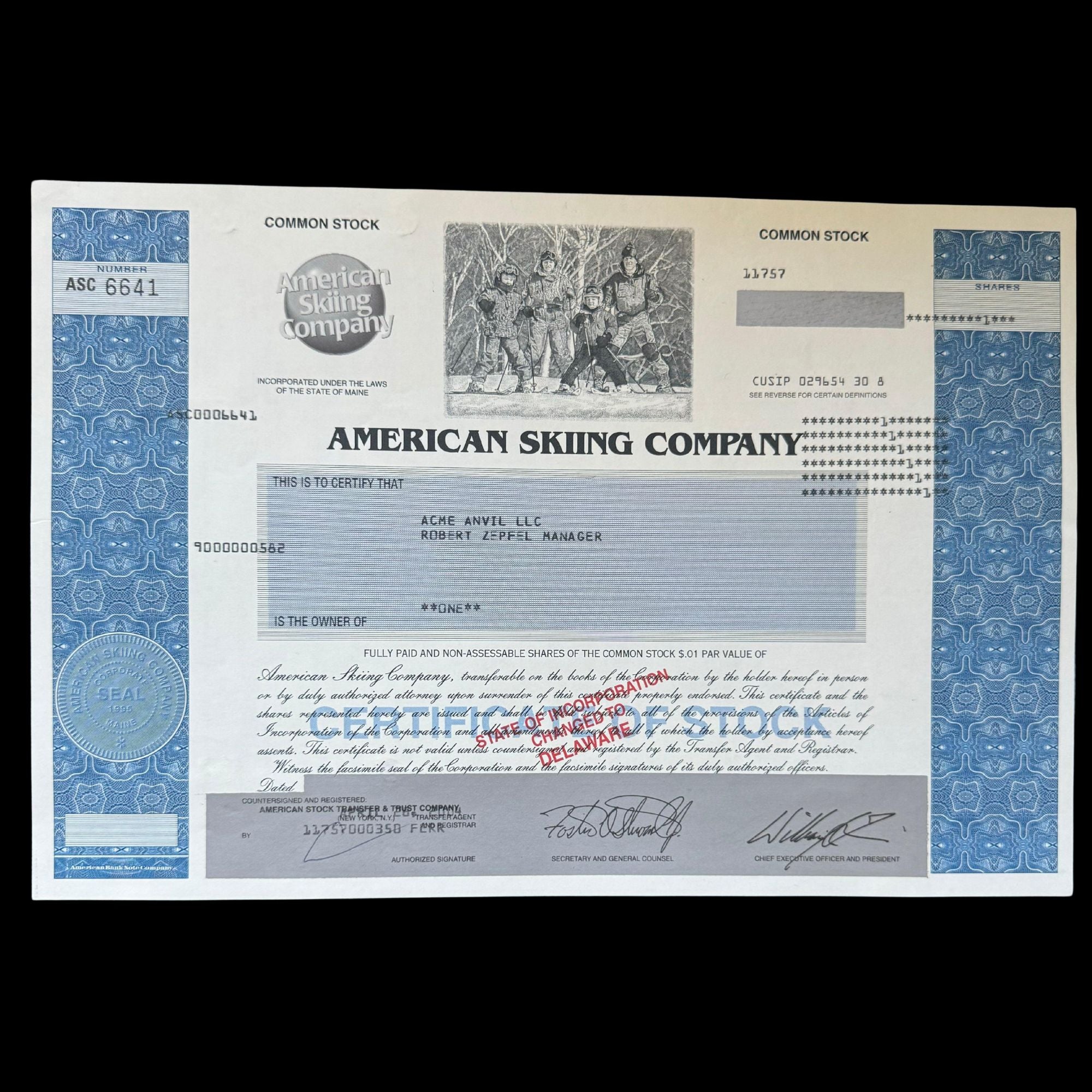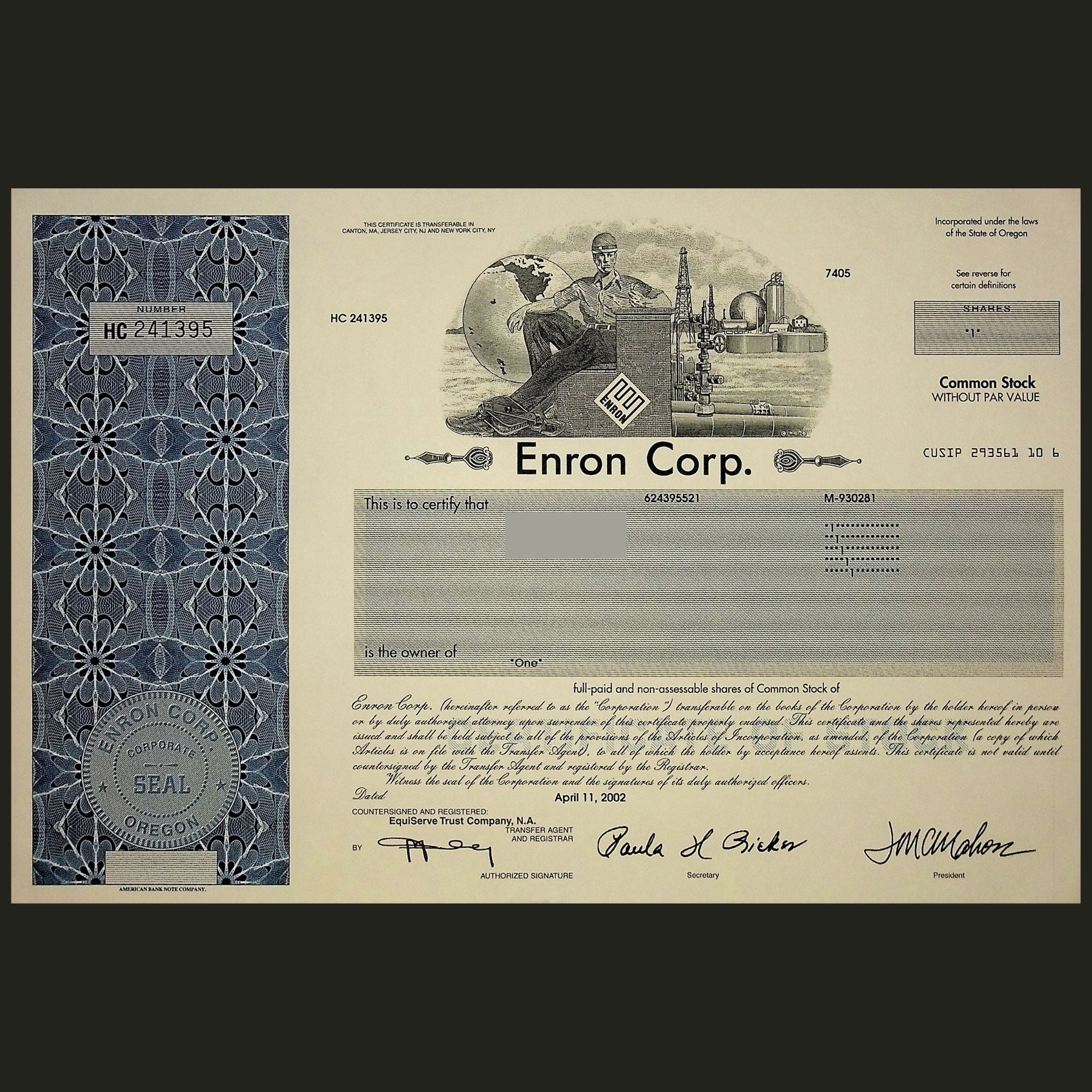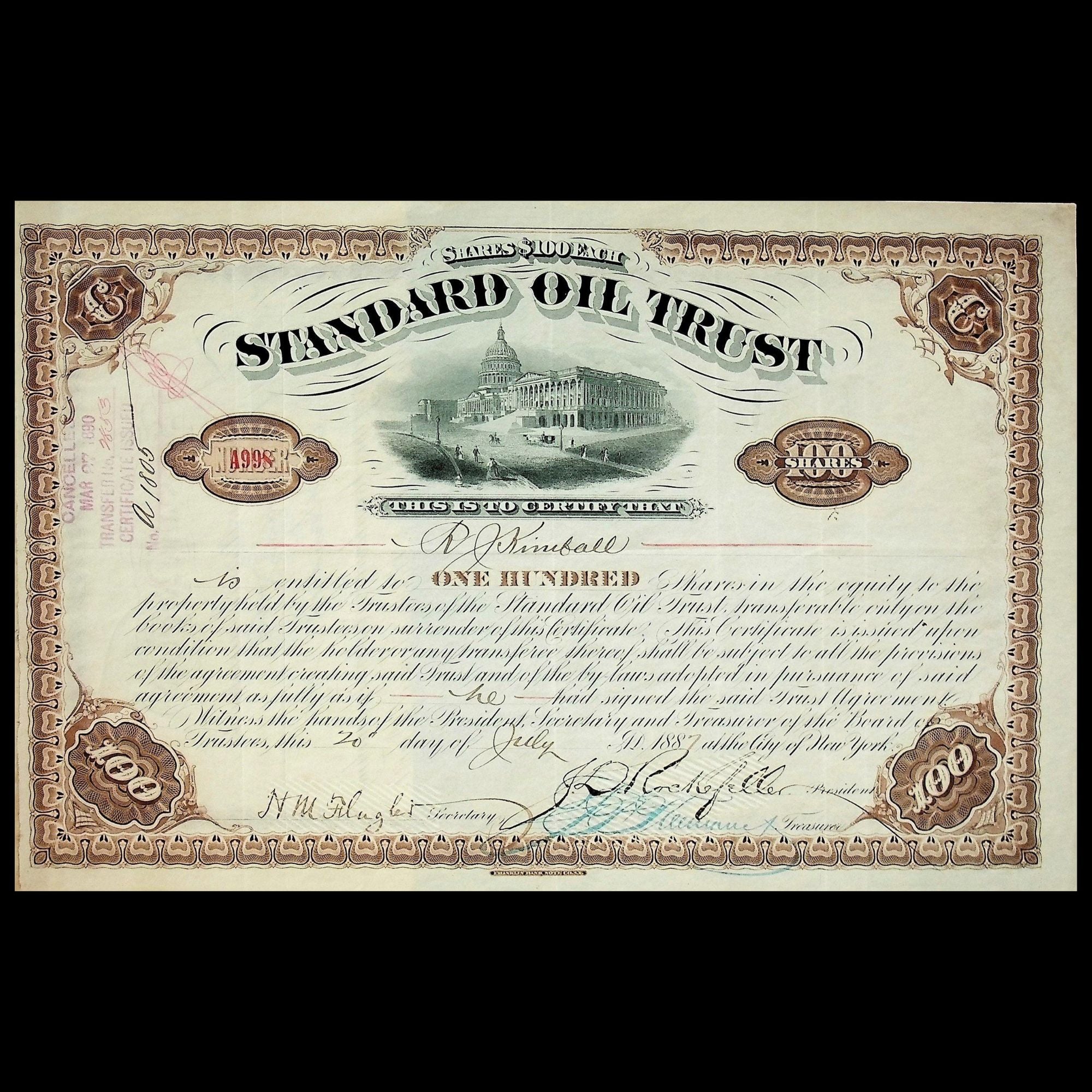E.J. Korvette Inc Stock Certificate (discount store) from 1960s
E.J. Korvette Inc Stock Certificate (discount store) from 1960s
Couldn't load pickup availability
Are the certificates authentic?
Are the certificates authentic?
Yes, all of the certificates we sell are authentic stock and bond certificates unless otherwise mentioned in the description. At one point in time, this certificate represented a share of of the company, or a bond receipt. These certificates have been removed from circulation and digitalized, as seen by cancellation holes, stamps and writing on the certificate. We offer these certificates as a collectable item, not a security.
This green stock certificate from E.J. Korvette, issued in 1967, features cancellation holes, stamps, and handwritten annotations. The certificate also bears a mark indicating the company's name change to "Spartans Industries."
E.J. Korvette, founded by Eugene Ferkauf, began as a small discount store in Manhattan, New York, selling well-known brands of luggage, household appliances, and some jewelry at significant discounts. The company pioneered several retailing innovations, such as discounting despite anti-discounting laws, instituting a membership program, and expanding into suburban locations.
In the 1950s and 1960s, E.J. Korvette expanded rapidly, with significant contributions from its record and audio division. By 1958, it had 12 stores, and at its peak, the chain operated 58 stores across various states, including Chicago, Northern Virginia, Detroit, and St. Louis. The company's innovative "membership cards" allowed it to accept deep discounts from suppliers, a strategy that helped it thrive despite lawsuits from competitors like Macy's and Gimbels.
However, the company faced challenges due to inconsistent management and over-diversification. In 1966, Korvette merged with Spartan Industries, and founder Eugene Ferkauf was eased out of leadership. The company underwent various ownership changes, including being owned by Arlen Realty and Development Corporation and later the Agache-Willot Group of France, which led to its eventual bankruptcy and closure in 1980.
Materials and care
Materials and care
Here are some quick tips to preserve your certificate for decades to come.
Paper quality: Stock certificates were printed on a variety of certificate paper dating back to the mid 1800s. Most of these vintage collectable certificates have signs of used & wear , cancellation holes, pencil / pen writing, stamps, staples, adhesives, slight rips, missing coupons and other features.
Handling: Always handle the certificate with clean, dry hands or use cotton gloves to avoid transferring oils and dirt from your skin onto the paper.
Storage: Store the certificate in a cool, dry place away from direct sunlight, which can cause fading. Use acid-free folders or archival-quality plastic sleeves to protect it from moisture, dust, and physical damage.
Framing: If displaying the certificate, use a frame with UV-protective glass to prevent light damage. Ensure the certificate is mounted using acid-free materials to avoid any chemical reactions that could degrade the paper over time.
Avoid Exposure: Keep the certificate away from direct sun, extreme temperatures and humidity, which can cause the paper to warp or deteriorate. Avoid exposing it to pollutants, such as smoke or chemicals, which can cause discoloration.
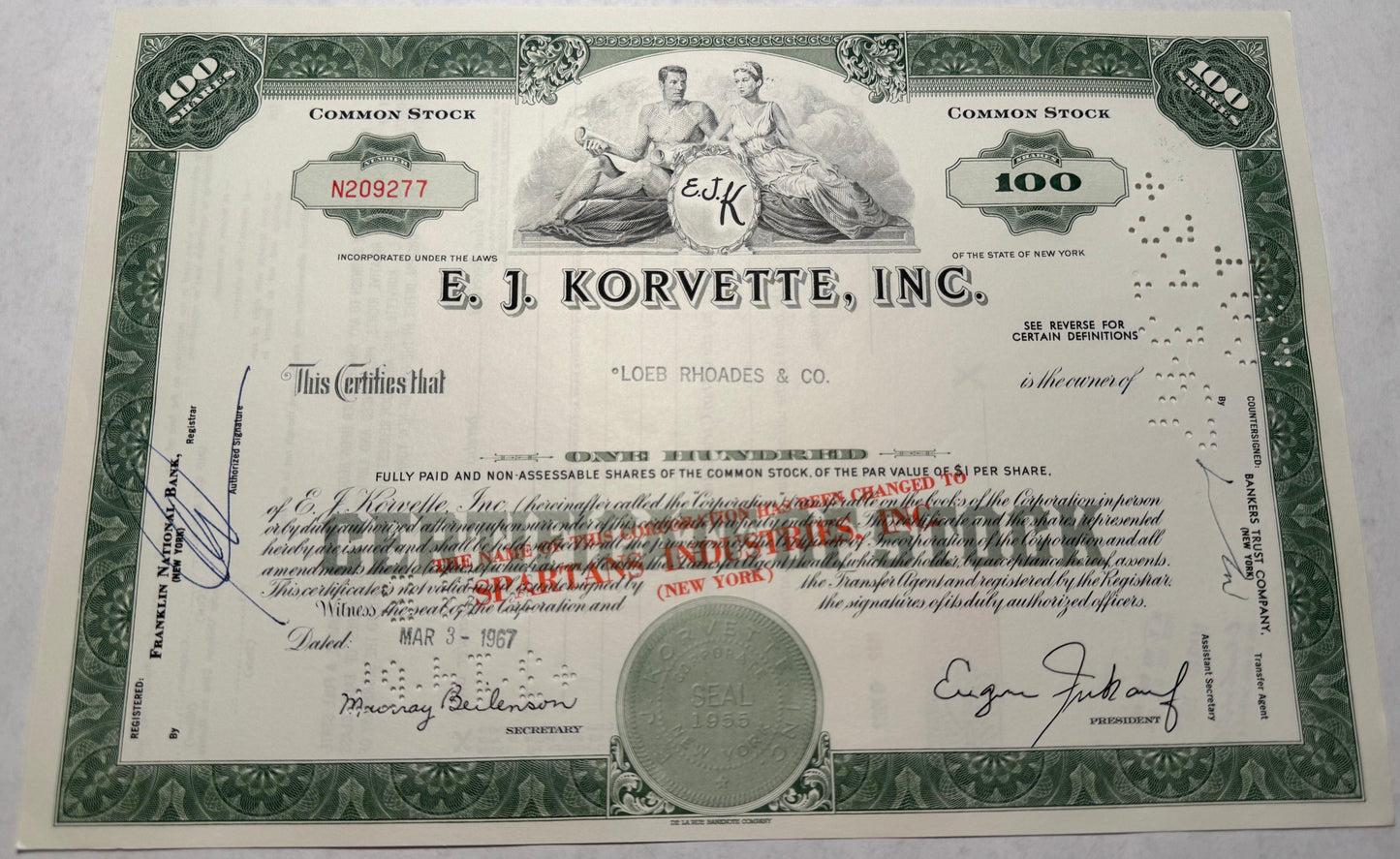
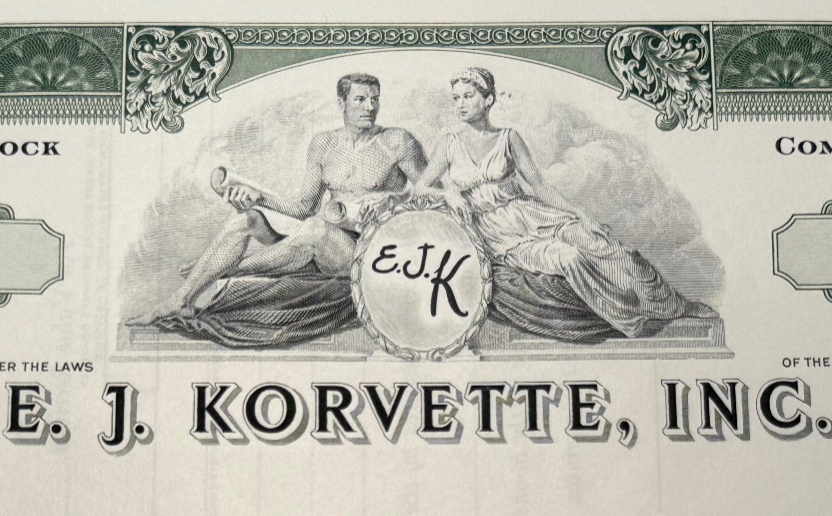
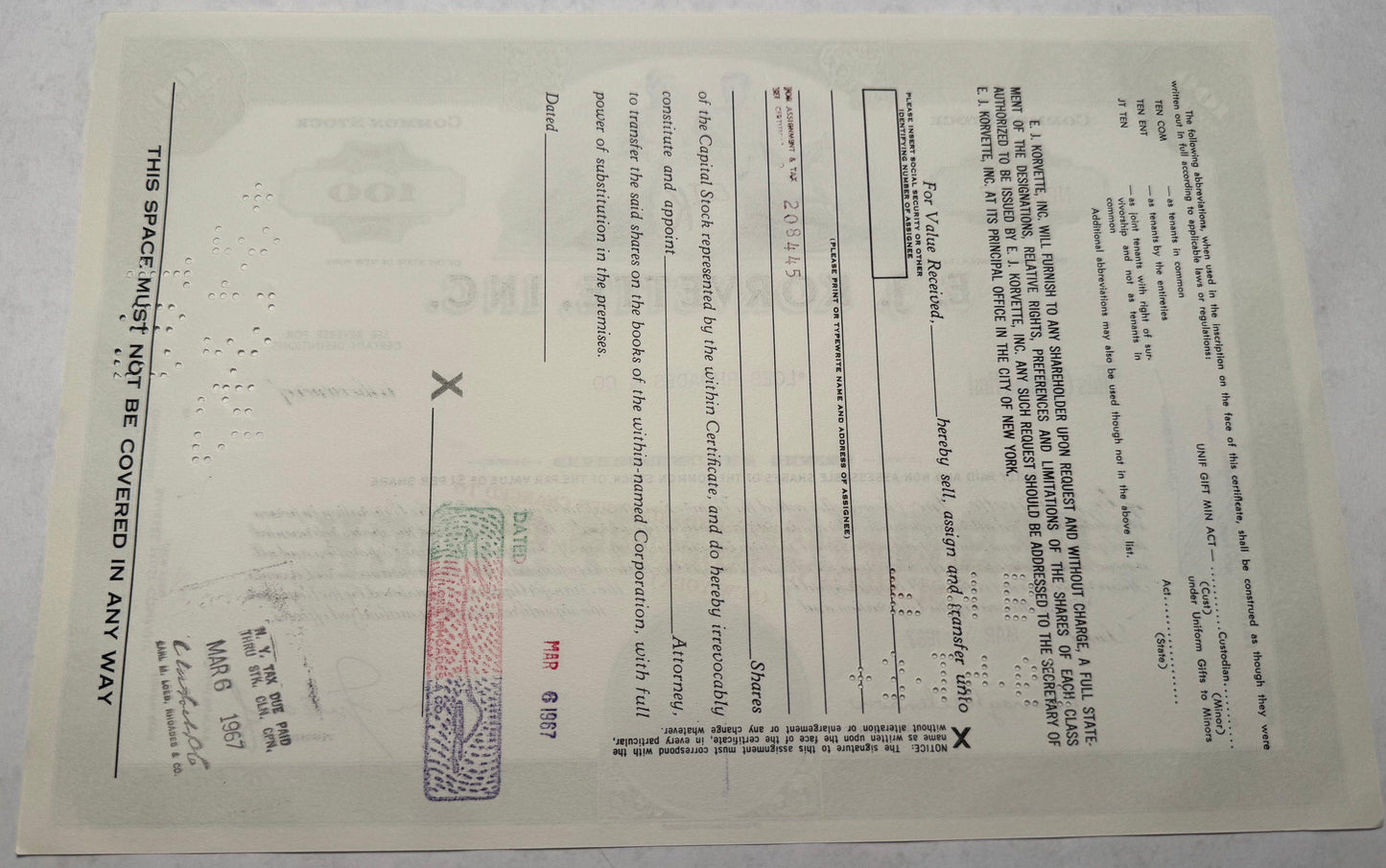
On orders over $30
Or your money back
Trust us to build their collection
Secure payment with all major providers
Trusted By Hundreds of Collectors
Let customers speak for us
Railroad Stock & Bond Certificate Collectable Bundle Five Pack - 4x Stocks & 1x Bond
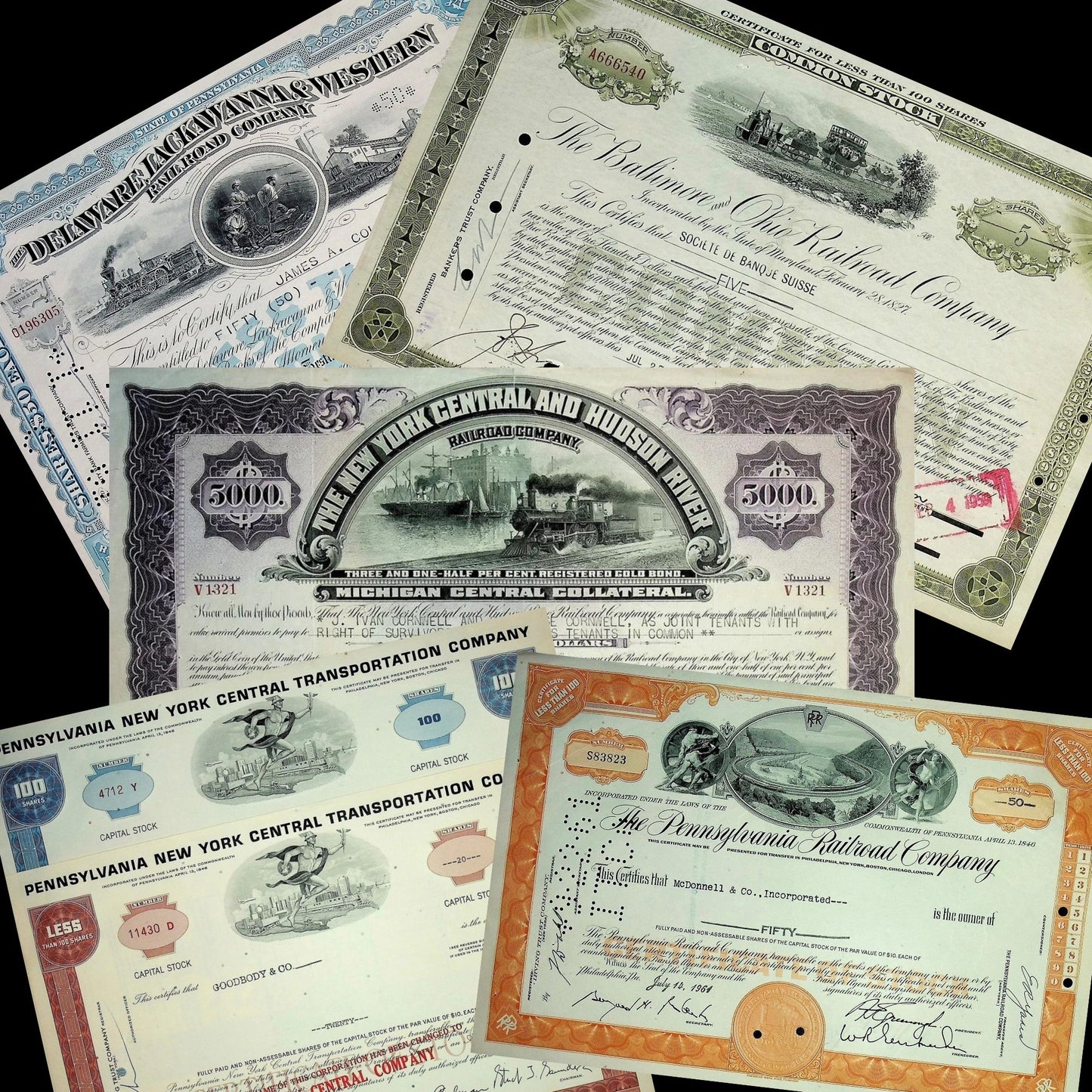
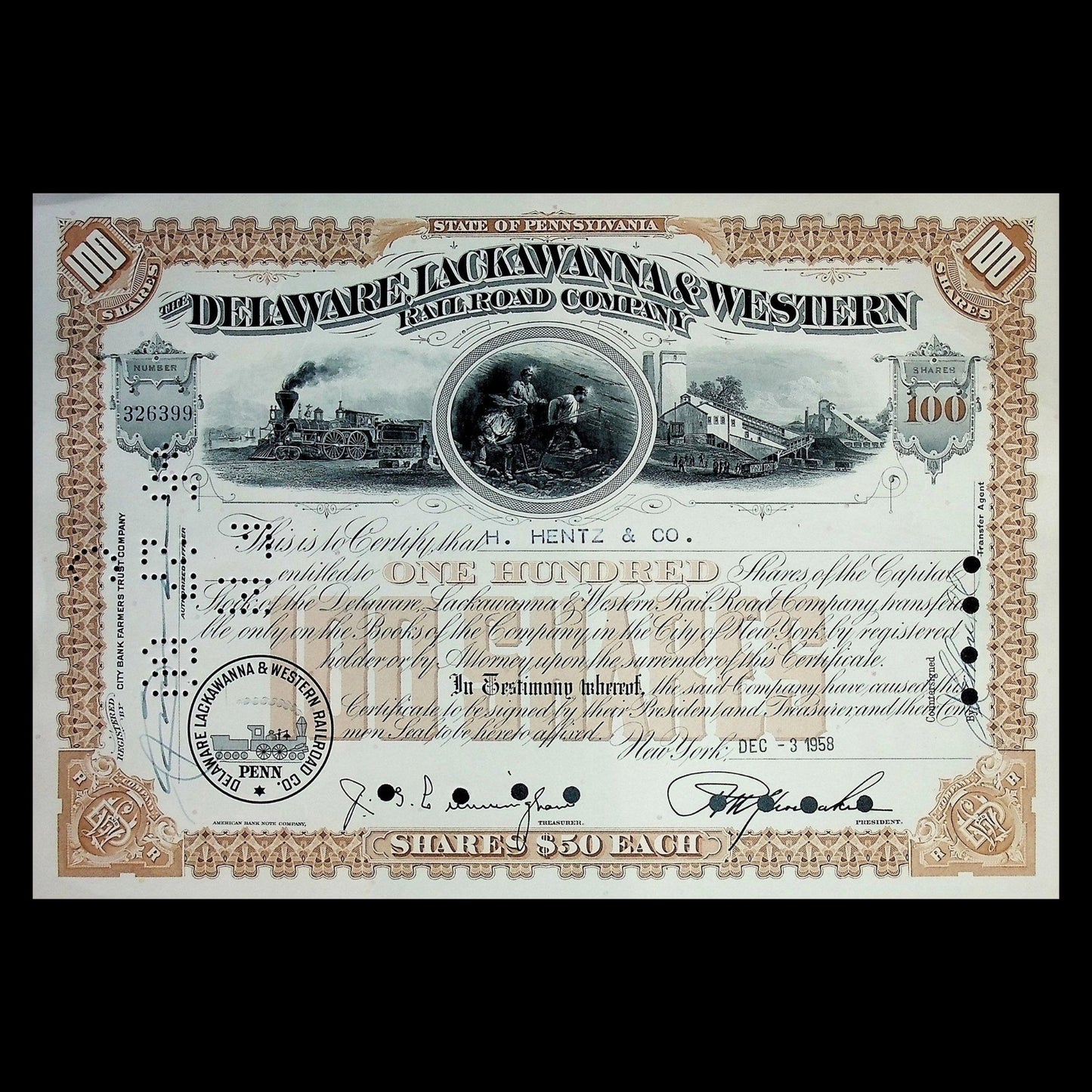
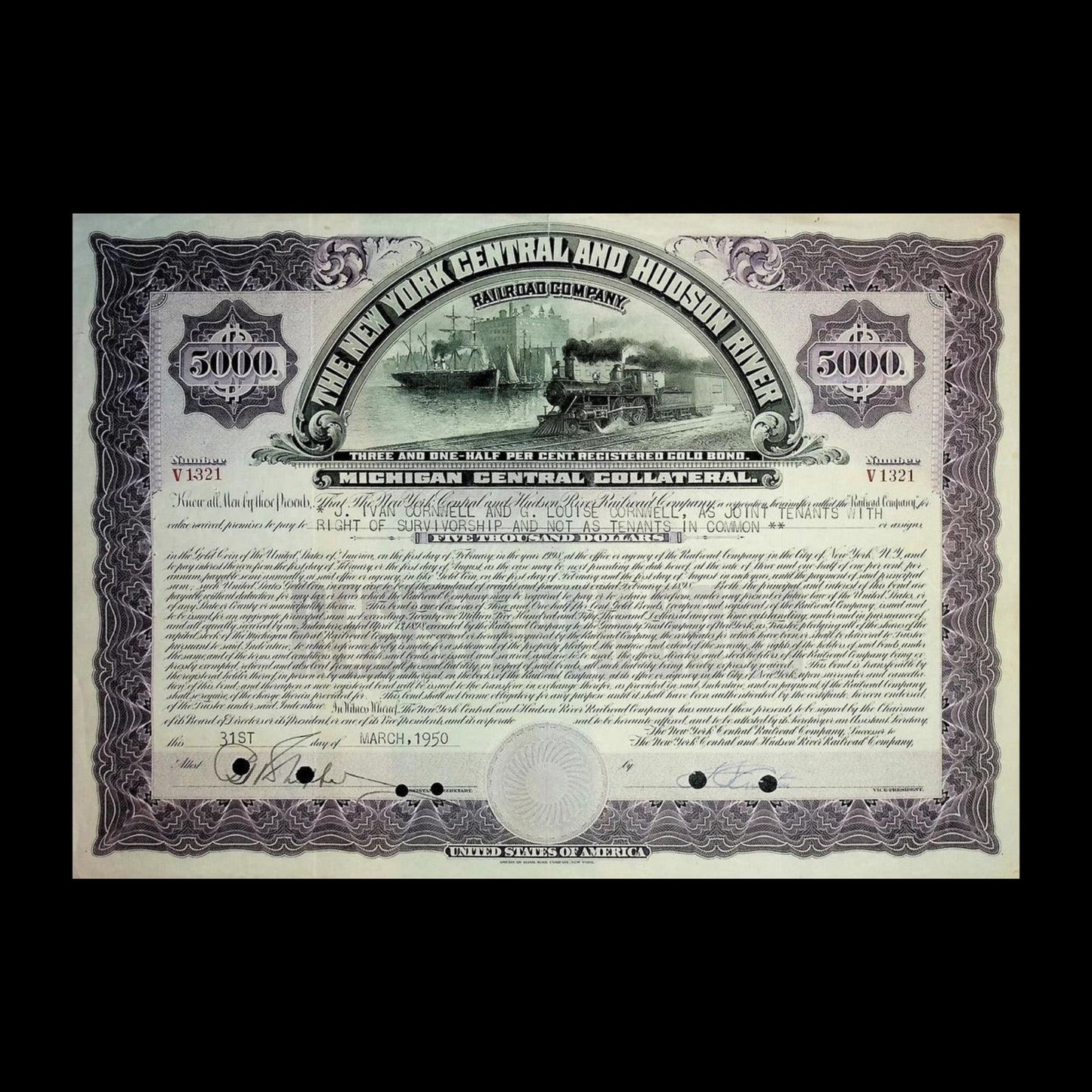
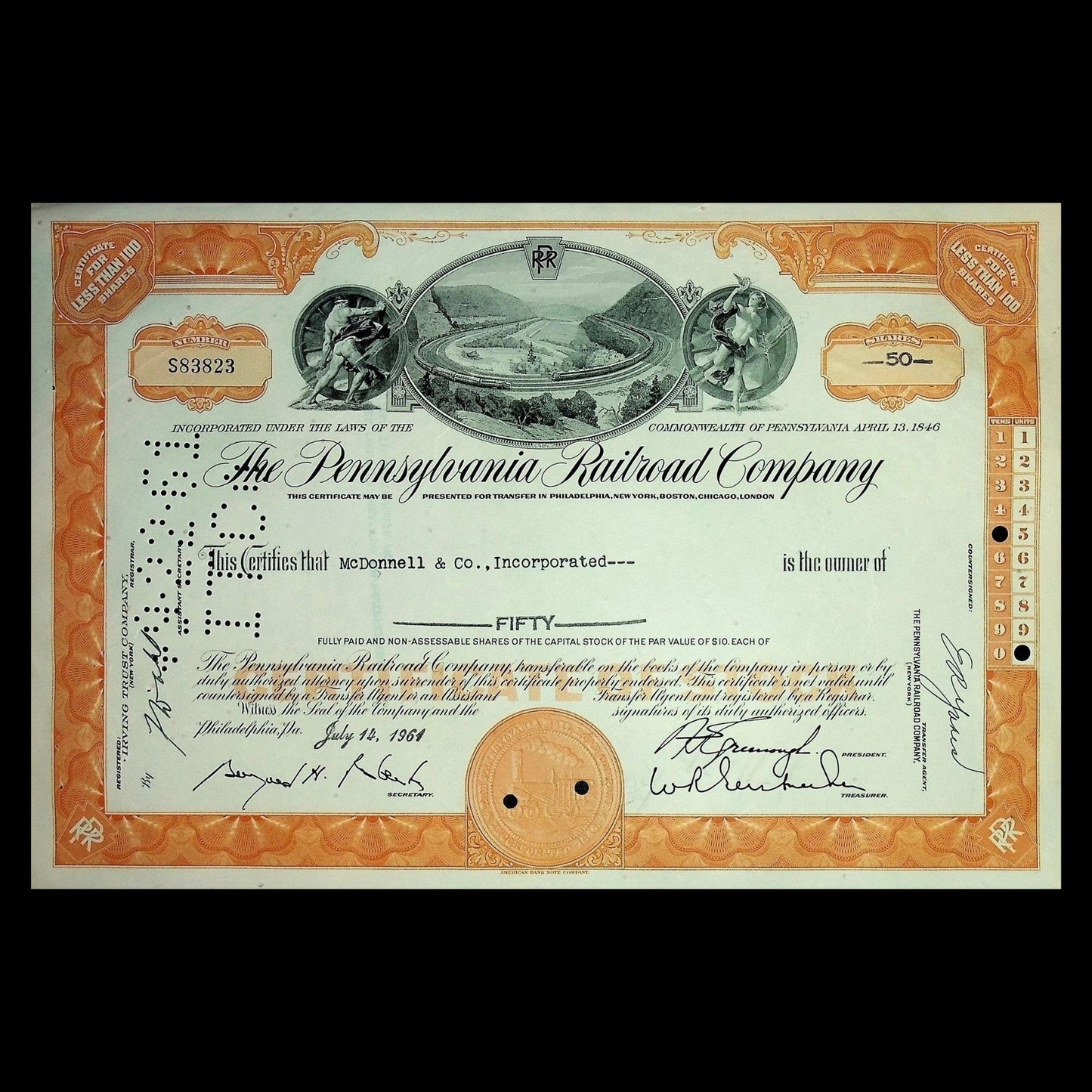
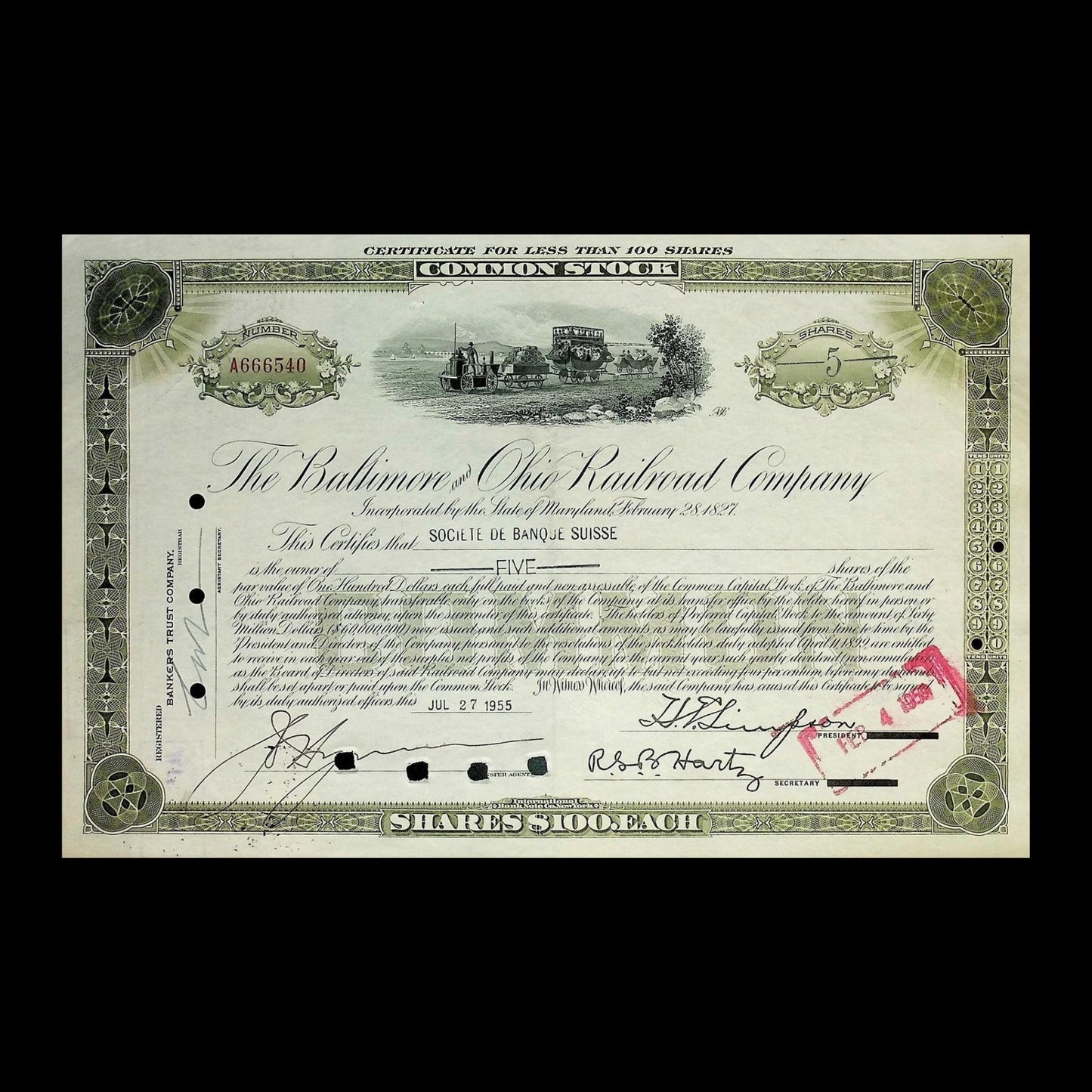
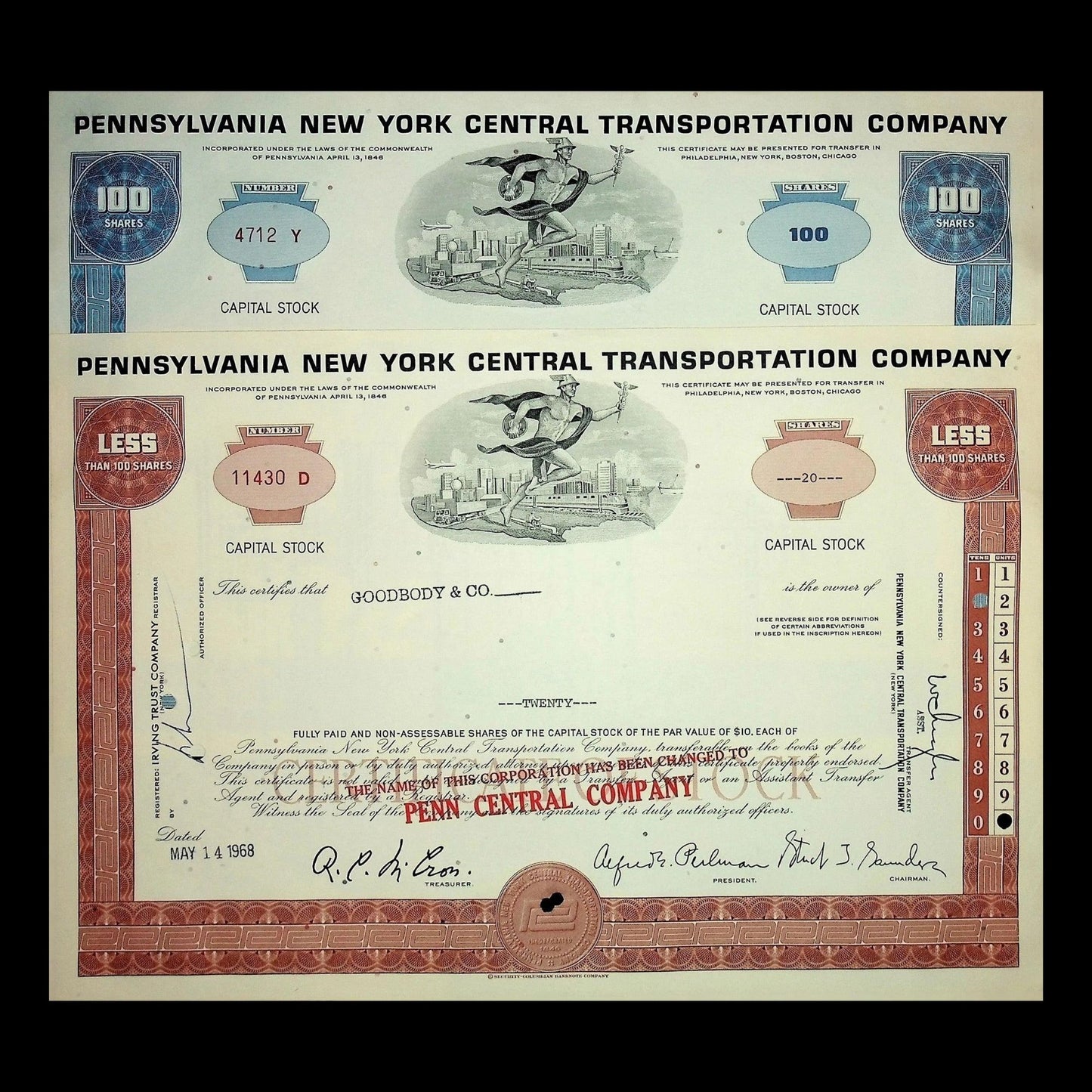
4x Stock Certificate Replica Postcard Pack of Iconic American Companies

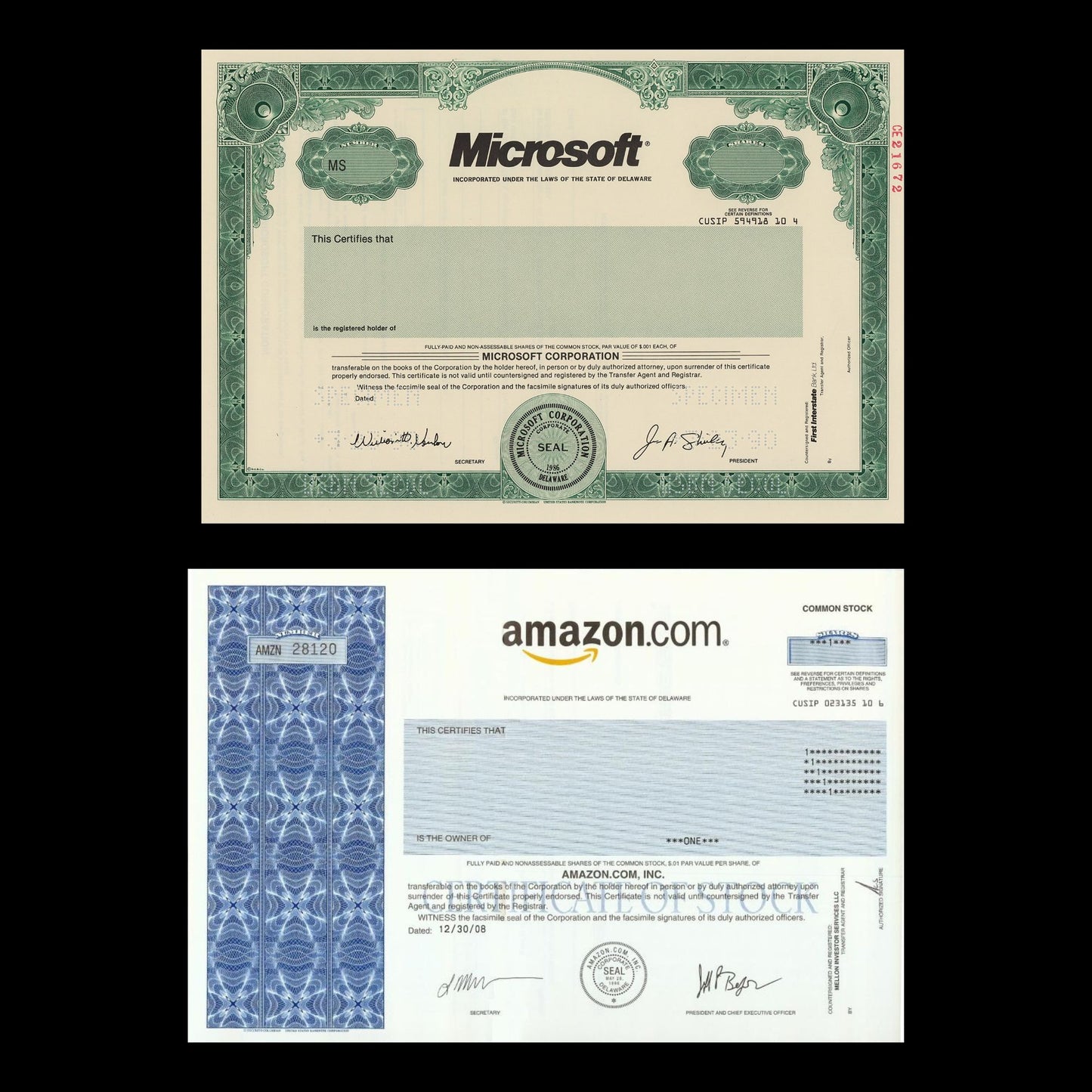
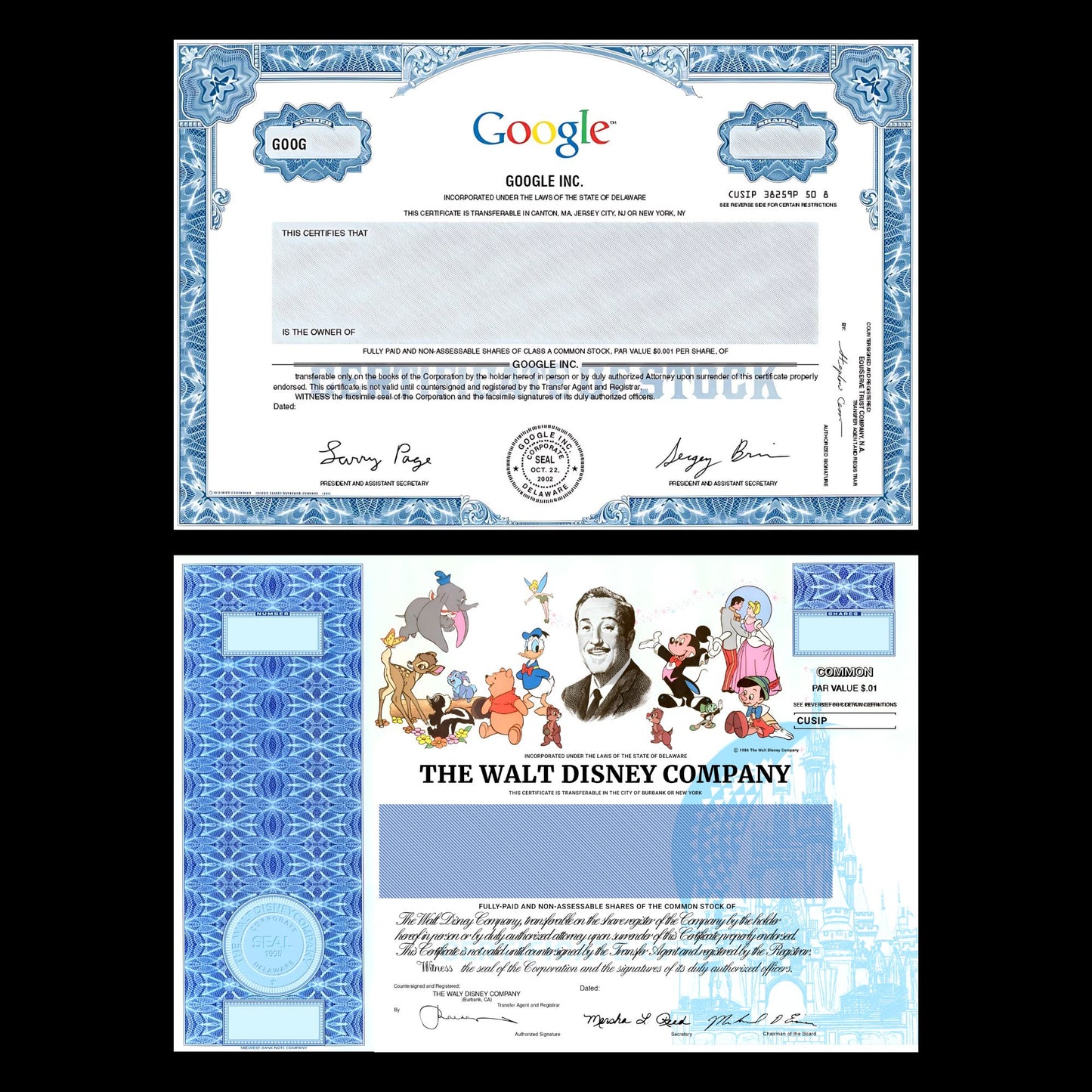
Discover 1,000s of Wall Street Collectables
Explore Our Collections
-
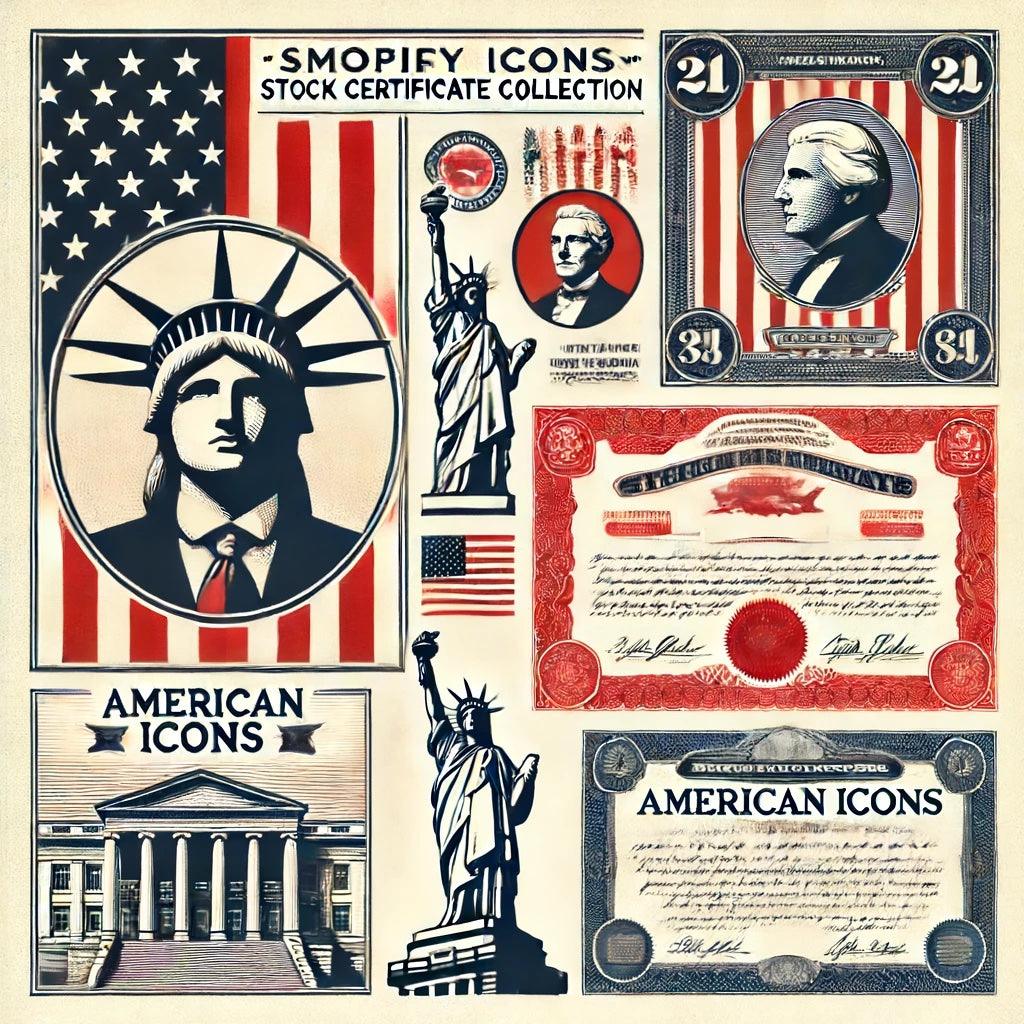
American Classics
Showcasing the evolution of American industry through beautifully engraved certificates from iconic...
-

Banks, Insurance & Investment
Discover the rich history of American finance with our collection of authentic...
-
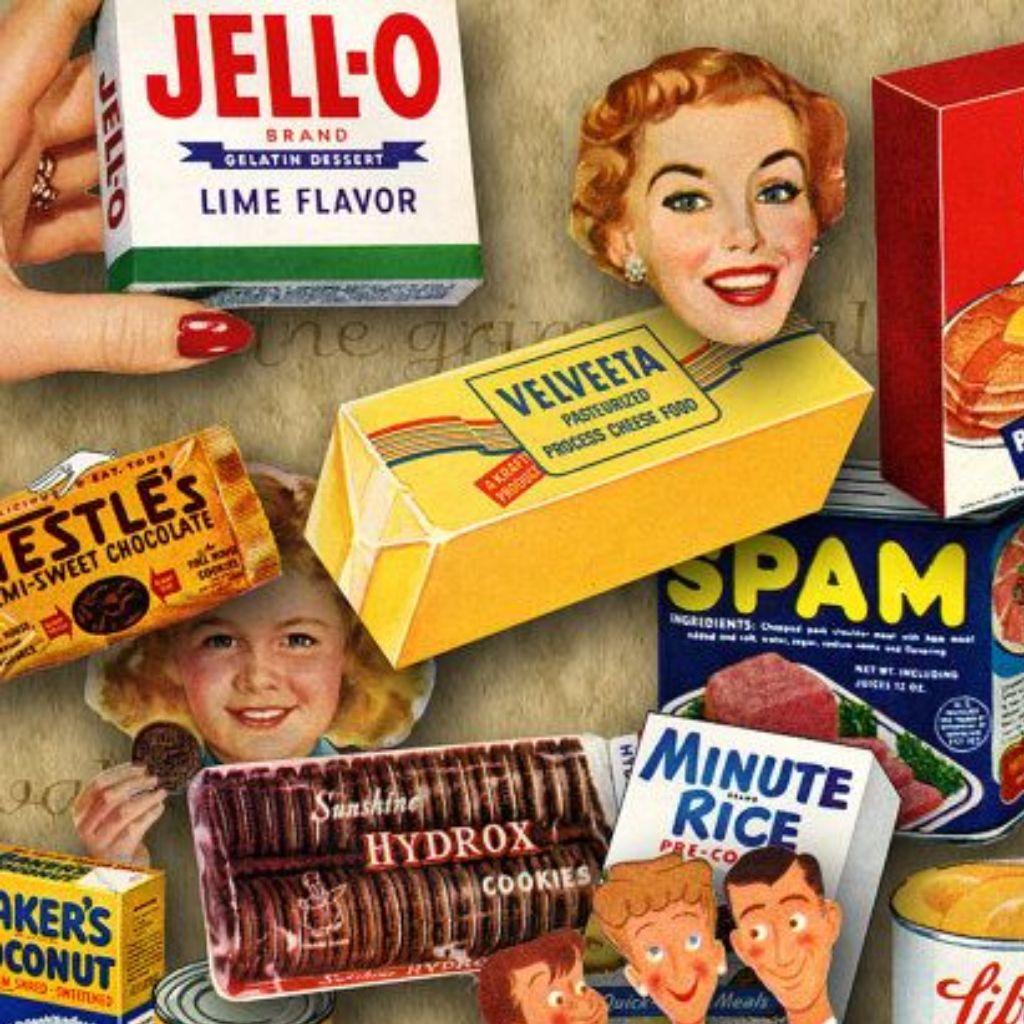
Food & Drink
Collectible Food & Drink Stock & Bond Certificates for Sale - Hershey's, Nabisco,...
-

Transportation
Discover our collection of collectable stock and bond certificates for sale from...
-
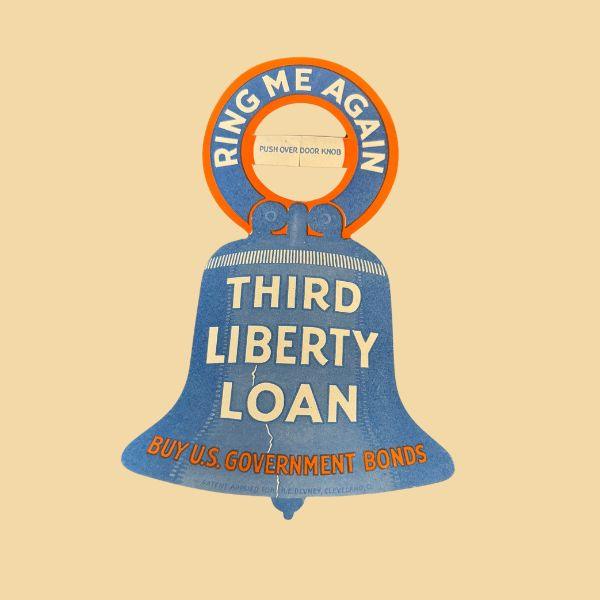
World Wars
Discover our unique collection of World War-era bonds and Disney wartime memorabilia,...

